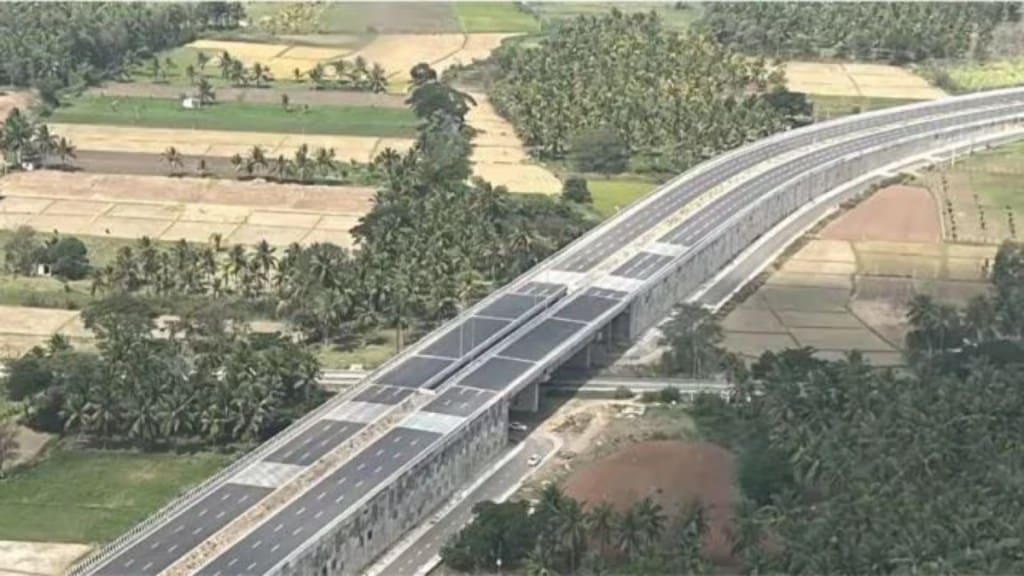The Intelligent Traffic Management System (ITMS) cameras installed along the 119-km, 10-lane Bengaluru-Mysuru highway recorded 13 lakh traffic violations between 2022 and 2024, according to data released by the Karnataka Home Department on Thursday. Over this period, fines amounting to Rs 90 crore were issued, but only Rs 4 crore has been collected so far.
Driving without a seatbelt accounts for the highest number of violations, with 7 lakh cases, followed by overspeeding (2 lakh cases), lane discipline violations (1 lakh cases), and mobile phone use while driving (23,000 cases). Despite a total of 13 lakh cases being registered over the past three years, only 74,000 have been resolved.
In 2024 alone, authorities booked 4.1 lakh cases, imposing fines amounting to Rs 24 crore. However, only 15,000 cases have been cleared so far, leaving a pending fine amount of Rs 23 crore.
The Karnataka Traffic and Road Safety Department has deployed ITMS cameras equipped with artificial intelligence technology to monitor and detect traffic violations. A total of 12 such cameras have been installed along the highway, with five each in the Mandya and Ramanagara regions and two in the Mysuru region.
The cameras capture images of vehicles involved in traffic violations and use the vehicle’s registration number to immediately send an SMS to the owner, notifying them of the infraction and the applicable fine.
However, the department is actively addressing complaints from drivers who claim they were fined despite following traffic rules, such as wearing seat belts or avoiding mobile phone use while driving.
A common issue raised by complainants is the inaccurate issuance of fines for not wearing a seat belt. Many argue that the AI-based cameras sometimes fail to detect seat belts, especially when the driver’s shirt is a dark color, causing the seat belt to appear invisible.
The Bengaluru-Mysuru access-controlled highway has seen a remarkable decline in road fatalities, dropping from 188 in 2023 to just 50 in 2024, following the installation of the Advanced Traffic Management System (ATMS) in July 2024, according to data from the Ministry of Road Transport and Highways.
The ATMS enhances traffic safety through real-time monitoring and faster incident response, with zero fatalities recorded from September to December 2024. This decline in fatalities is also attributed to the installation of sectional speed control cameras earlier this year, as noted in recent data presented in the Lok Sabha by the Ministry of Road Transport and Highways.
